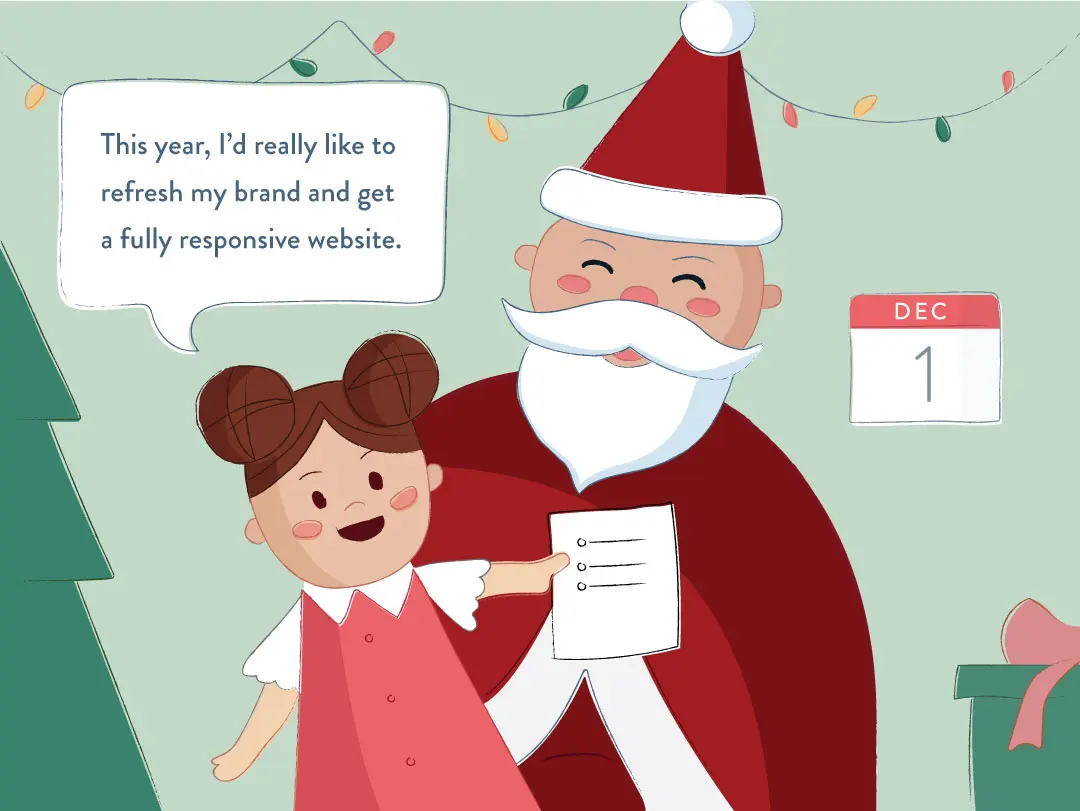Understand How Users Behave
When designing a website or a mobile app it's important to understand how users really behave. A design that adapts to user behavior will allow for more intuitive navigation. The fast pace of the Internet combined with the very low impact of bad choices —when clicking on the wrong link usually nothing bad happens and you can go back very quickly— have made them impatient and undisciplined.

They Don't Read
Well, they read a little, but it is more a scan, not linear reading. When presented with big blocks of copy they will try to identify key words to validate if it has information they are looking for. Users will behave more like a bug attracted by a bright light: their eyes will be drawn first to what is visually more important, looking for the next thing to click on.
They Don't Make Optimal Choices
Users will not scan whole pages. As they go through it they are evaluating the key words they find. They will settle for the first one that seems to be good enough to click and will not evaluate the remaining of the page.
They Don't Want To Know How Things Work
Users don’t want to spend time reading instructions and understanding how to use online forms or applications. They will attempt to use based on what their intuition and previous experience tell them. And if it works they will stick with it, even if it's not the right or most efficient way.
What can you do?
There are three strategies that you can use to optimize your website or online app:
1. Eliminate all unnecessary paragraphs, sentences and words. Be concise and go to the point. Always!
2. Make things obvious: don't use fancy words, company internal language or industry acronyms.
3. Reduce the number of options, make them distinctive enough.






